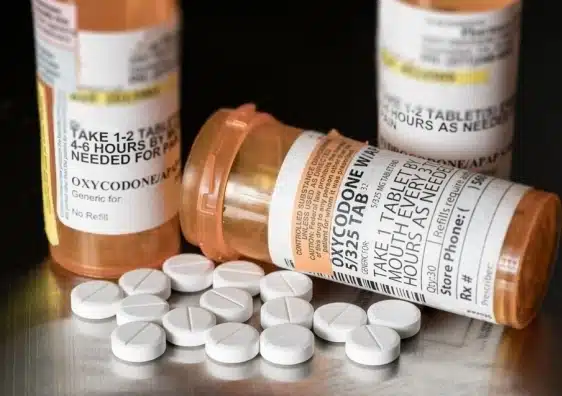Substance use disorder is a complex condition that affects both the mind and body. Recovery is possible with the proper combination of treatment methods from an internal medicine clinic, including therapy and medication. By addressing both psychological and physiological aspects simultaneously, integrated treatment creates a foundation for lasting recovery. Here is more information about the role of therapy and medicine for substance abuse disorder:
Therapy Promotes Recovery
Therapy plays a fundamental role in recovery by equipping patients with coping strategies and support. It focuses on identifying underlying triggers that contribute to substance use and developing healthier habits to replace harmful ones. Several standard therapeutic approaches that are available for support include:
- Cognitive Behavioral Therapy (CBT) helps individuals recognize and change patterns of thinking or behavior that lead to substance use. By focusing on present behaviors and thoughts, CBT empowers patients to develop practical skills for managing cravings and preventing relapse.
- Motivational Interviewing (MI) is a technique that encourages patients to explore and strengthen their motivation for change.
At an internal medicine clinic, these therapies are customized to meet each individual’s needs, providing personalized guidance throughout their recovery.
Medication Reduces Symptoms
Medications are used alongside therapy to manage withdrawal symptoms, reduce cravings, and support long-term recovery. For example:
- Naltrexone blocks the effects of opioids or alcohol, making them less rewarding to use.
- Buprenorphine helps relieve withdrawal symptoms, reducing the discomfort associated with detoxification.
- Methadone is another standard medication that helps to reduce withdrawal symptoms and cravings, especially in individuals recovering from opioid dependence.
Using medication as part of an overall treatment strategy allows individuals to focus more on their mental health. It helps to free them from the distraction of intense cravings or physical discomfort. These medications are typically used in combination with counseling and behavioral therapies. Medication-assisted treatment may significantly improve recovery outcomes, helping individuals maintain sobriety and reduce the risk of relapse.
Integrated Approach Benefits
Integrating therapy and medication provides a well-rounded solution for those recovering from substance use disorder. This dual approach addresses both the mental challenges and the physical aspects of addiction. When both elements are treated together, patients may be more likely to achieve a successful and sustained recovery.
Therapists and healthcare providers work collaboratively to track progress, adjust medications as needed, and refine therapeutic strategies. This team-based care empowers patients, enabling them to regain control over their lives. A strong support system, including family, friends, and peer groups, also plays a key role in the recovery process. Building healthy routines and coping mechanisms may further enhance resilience and reduce the risk of relapse over time.
Book an Appointment at an Internal Medicine Clinic
If you or a loved one is affected by substance use disorder, understanding the benefits of therapy and medication is a step forward. Both work together to create a solid path to recovery, offering support at every stage of the process. Take a proactive step today. Schedule a consultation with our specialists to discuss how therapy and medication could work for you or someone you care about.
- Choosing the Right Plastic Surgeon for Your Cosmetic Procedure
- Understanding Different Types of Laser Treatments for Skin Rejuvenation
- Why a Family Dentist is Key for Maintaining Oral Health
- The Benefits of Regular Visits to a Wellness Spa
- Exploring the Emotional and Psychological Triggers of Eating Disorders


Leave a Reply